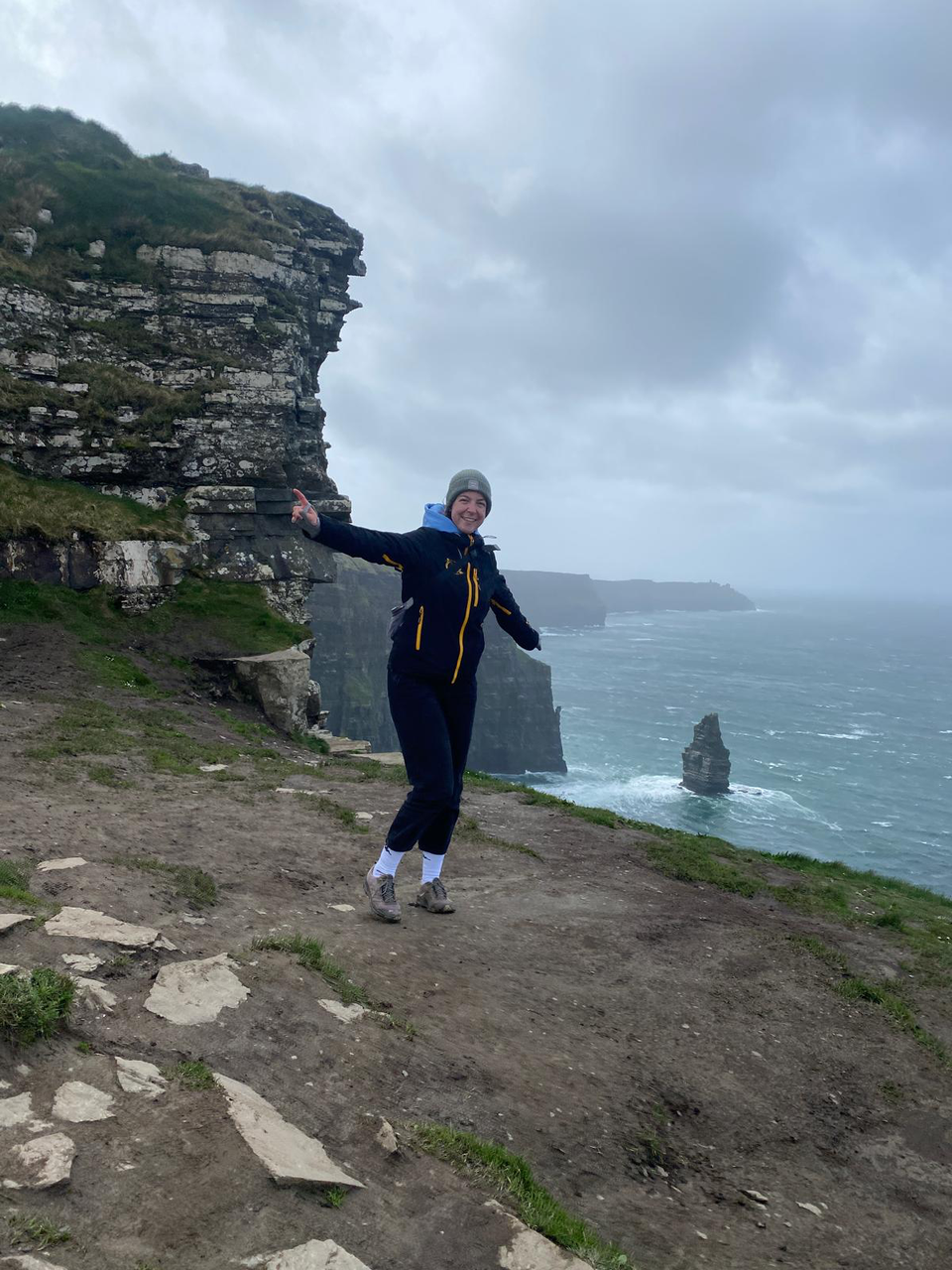IRELAND - DUBLIN
A big factor while looking after my study abroad destination was the language. In Ireland, the two main languages are English and Irish. However, the Irish language is not widely spoken. Irish is still spoken in a few parts of Ireland, but English is spoken in major cities and many other parts of Ireland. Most students go to Irish, English or German schools. Irish schools teach in Irish and English is a foreign language. These students later have problems at university with technical terms. In German and English-speaking schools, Irish is taught as a foreign language. In addition, all signs, licence plates, announcements and more are in Irish. This is very confusing, especially at the beginning. That's why I'm taking an essential here, where I'm learning the Irish language. This gives me the chance to talk to the locals when I visit Irish-speaking areas. I learnt English since primary school in Germany. There you learnt the English grammar, words and much more. However, this is completely different to being in an English-speaking country for several months and being dependent on this language. It was very unfamiliar for me at the beginning. I wouldn't say that I had any difficulties communicating with others. I realised that didn´t speak the language often enough to be able to speak it fluently and with the correct grammar. Here in Dublin, my grammar has improved quickly over time. My vocabulary is also expanding rapidly. This daily communication and small talk is easy for me. However, there are also situations in which I feel very uncomfortable because I don´t know the word in English and perhaps there is no other German speaker around. In this case, I simply paraphrase the word or have a quick look on the internet to see what the translation is. The Dublin dialect is very distinctive and it is sometimes very difficult to understand the person in the opposite. Now I find it easier to understand them. Another challenge is the English language in relation to the field of architecture. At vocational school in Germany, I had the subject English, which focussed on technical terms. At university, however, I never had to deal with the language in the studios or essentials. Especially at the beginning, it was difficult for me to communicate with my lecturers or fellow students in the field of architecture. During this time, Google Translator was my constant companion. After a few weeks,I got used to it and was able to communicate well with others. My English improved a lot in this field. It also helps a lot for my next semester at the University of Liechtenstein, my t Master's degree and for my later working life. It gives me the opportunity to communicate better with other students abroad in Liechtenstein or later with foreign business partners. This study abroad also helps me to be more confident with the language and to speak it. Especially at the beginning, I was very unsure about speaking English and making any mistakes. However, as my language skills have improved, so has my confidence in speaking the language. I've learnt that it's not so bad to make small mistakes. Simply speaking helps immensely.
The greeting is also interesting. This is always done with a "Hello, how are you?" or a "Hi, how is it going?" This is still sometimes unusual, especially at a checkout in a supermarket or in a café. In Germany, you would never ask strangers "How are you?" when greeting them. Even if you say “thank you” to someone, the answer is usually "Cheers" or "No worries". "Cheers" here is colloquially to something like "Thank you!".
